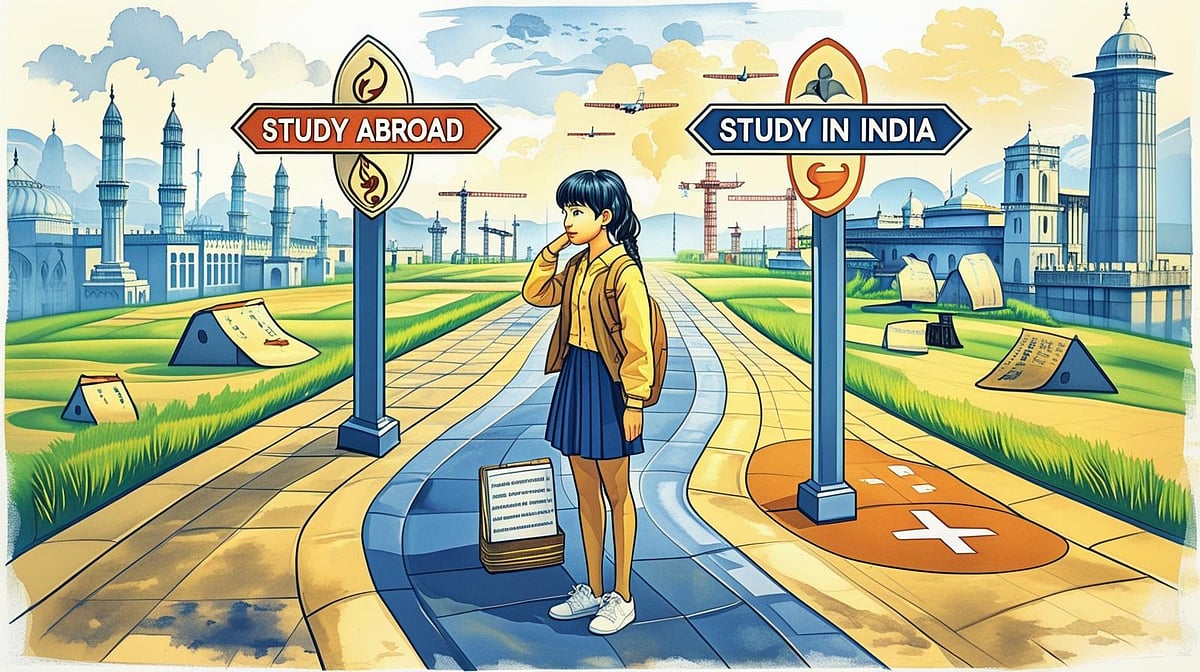‘Is something wrong with your son?’
I shrivelled. I couldn’t pinpoint why exactly.
Though I know it wasn’t because the kindly woman, who wished to understand why I was unschooling my son; who decided it was—it had to be—because my boy was challenged in some unobvious way—was at that precise moment judging my baby.
It was, I later realised, because her statement held within it the assumption that there was such a thing as an ‘all right’ child—which made a bunch of children who strayed or dawdled or stalled, who eschewed the prescribed modes of doing and seeing and being, ‘wrong’.
It was also, I realised, because her comment was a reminder of what we, as a society, had become—deeply threatened by anything or anyone who veered away from the gold standard, from what was viewed as acceptable or desirable or normal.
I could not answer the kindly woman’s question. Simply because I could not slot my child, or any child, within a box.
I could not answer the kindly woman’s question because in my heart I still harboured the belief (foolishly, desperately) that each of our children was brilliantly unlike the other; that this was cause, not for fear, but for joy.
My belief, of course, runs at odds with the world we bear witness to and the institutions that make it what it is. It is a world that seeks homogeneity, blending, a flattening of any and all distinguishing attributes.
In truth, it is a world that is propped up by the conviction that each of us is bound by a common way of ingesting visual or auditory data, of arriving at literacy and numeric competency, and of wading through fact and fiction.
This is the ‘deep structure’ — ‘the foundational assumption’ — that governs modern-day civilisation (Peter Smagorinsky). And it is one that is guarded fiercely and disseminated with ferocity, so that, at last, every single entity does exactly as he should, by contributing in ways that are deemed productive.
In other words, from the time a human being can speak, and oftentimes even earlier, he is dispatched to an institution where he is suitably rewarded for fitting into an acceptable pattern of thinking and relating and socialising. Conversely, he is browbeaten or shunned or (on a good day) fixed if he is perceived as being ‘aberrant’.
But then — who exactly is aberrant? The three-year-old with loud emotional outbursts? The four-year-old who cannot sit still? The five-year-old who won't smile back? The six-year-old who counts, but exactly as he pleases, ten tripping into, not eleven, but thirty-three? The seven-year-old who cannot write? The eight-year-old obsessed with truck tyres? The nine-year-old repelled by crowds? The ten-year old—
In other words, the children—the scores of children — who display, not the patterns of speech and behaviour and learning and interaction that are deemed acceptable, but a manner that is entirely their own?
The children — so many children — whose brains work in ways that are unique; that ignite and spark, not at the prospect of winning races, but at the mention of beetles and Picasso moths?
The children, the children, all the children, who refuse to be round pegs that fit into the round holes created by white, heterosexual, able-bodied privileged male professionals?
These children.
These children who, in a better world, would have been part of the neurodiversity that defines a thriving civilization; who, in another age, would have been considered vital to the species' survival—for, always, but always, survival depends, not on sameness, but on ‘a careful balance of cognitive specialisations’ (Helen Taylor).
There are many, many reasons to unschool. But one solid reason is this—that we don’t believe there's anything ‘wrong’ with our children, or really, with any child.
Rather, we're convinced that our babies are beautiful no matter where they roam, no matter who they love, no matter how and when they stumble into knowledge and wonder.
They’re beautiful (and winged) no matter what.
Dharini Bhaskar is the author of These, Our Bodies, Possessed by Light. She is working on her next novel and can be reached at dharini.b@gmail.com









